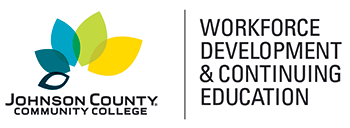
Browse courses
Workforce Development
Computer Tech Business Skills Development Careers and Trades Healthcare Small Business DevelopmentLife and Leisure
Leisure Life SkillsYouth Programs
Youth Programs
Artificial Intelligence
Data Management
Design & Modeling
Google Workspace
Graphic Design
Introductory Computing
Microsoft Office
Networking
QuickBooks
Security
Web
Arts and Crafts
Aviation
Dance
Egyptology
Food and Wine
Foreign Language
Garden
History
Home
Literature and Writing
Music
Personal Development
Photography
Sports and Rec
Travel
Business and Leadership
Communications
Digital Marketing
Finance
HR Management
Process Improvement
Project Management
QuickBooks
Small Business Basics
Small Business Finance
Small Business Management
Small Business Marketing
Small Business Tax Workshops
Academic Review
Adult Education
ESL Advanced and Professional
Driver Education
Driver Safety
Exam Prep
Money Management
Motorcycle Training
Parenting
Personal Health and Wellness
Sign Language
Automotive
Career Planning
Commercial Driver's License
Construction
Early Childhood Education
Electrical
Fire Science
HVAC
Logistics
Mediation
Nail Tech
Plumbing
Railroad
Safety
Welding
Exporting
Government Contracting
Intellectual Property
QuickBooks
Small Business Basics
Small Business Finance
Small Business Management
Small Business Marketing
Small Business Tax Workshops
Business and Leadership
Communications
Digital Marketing
Finance
HR Management
Process Improvement
Project Management
Need help registering? Please contact us at ceregistration@jccc.edu or call 913-469-2323.

Contact Info Privacy Policy Refund Policy Website by Imagemakers

